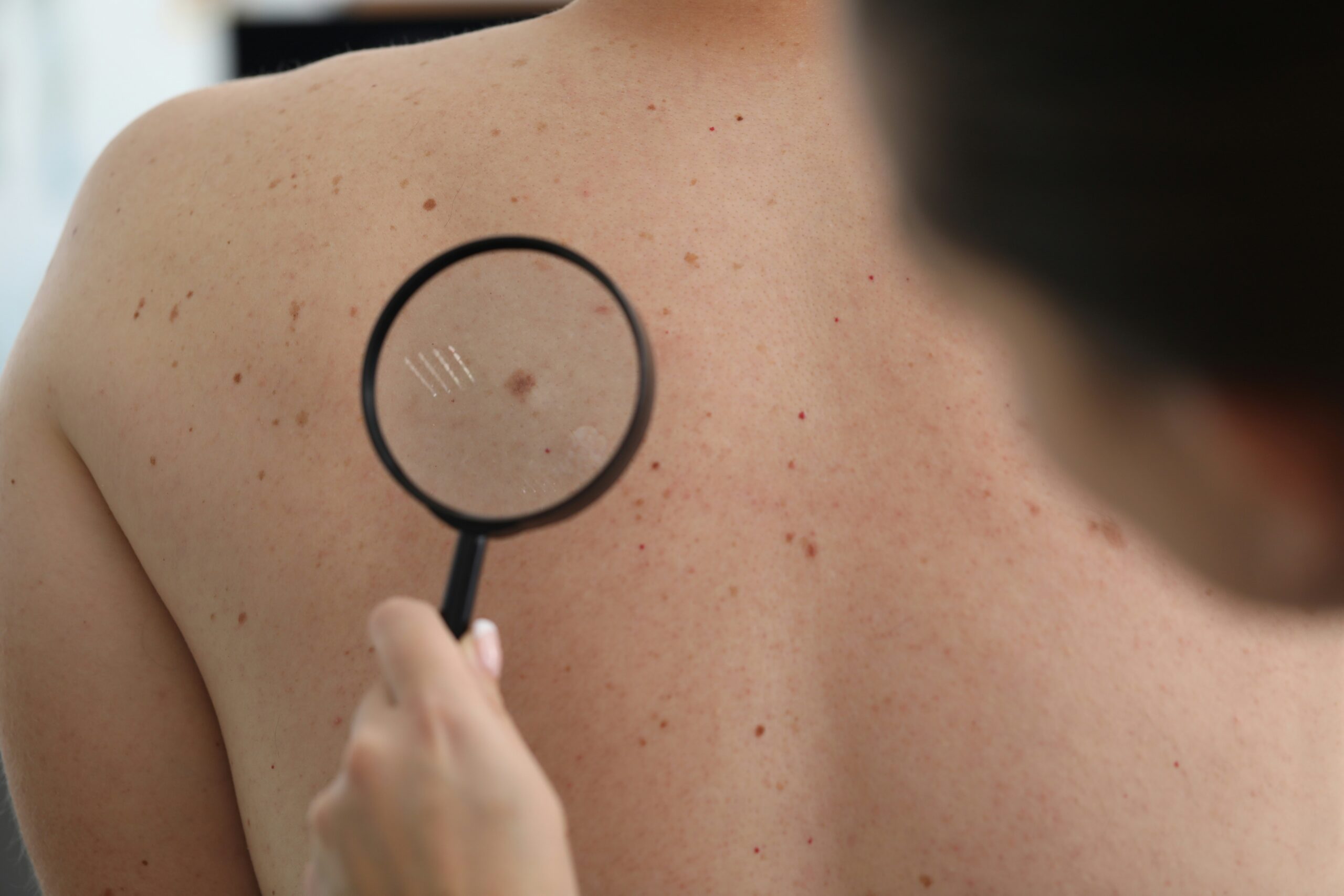
Skin cancer affects millions worldwide, making it one of the most common cancers today. The key to improving survival rates lies in catching the disease as early as possible. Early detection enables timely treatment, thereby reducing the likelihood of serious complications. When skin cancer is identified in its initial stages, patients often face more straightforward procedures and better outcomes. This article explains why early detection is crucial and provides guidance on recognizing the signs that require medical attention.
Early Detection: A Vital Step in Skin Cancer Care
Identifying skin cancer early dramatically increases the likelihood of successful treatment. At the earliest stage, cancer cells are typically confined to the surface, allowing them to be often removed before they spread. Early-stage skin cancer treatments tend to be less invasive and offer quicker recovery. Additionally, early detection lowers the risk of cancer metastasizing, which can be life-threatening. Patients diagnosed early often experience less stress and fewer long-term effects from treatment.
Spotting the Signs of Skin Cancer
Skin cancer can manifest in various forms, and recognizing suspicious changes is crucial. Watch for new growths or sores that do not heal within a few weeks. A professional should also examine moles that change shape, size, or color. The ABCDE rule serves as a helpful guide: Asymmetry, Border irregularity, Color changes, Diameter over 6 millimeters, and Evolution over time. Any of these signs warrants a dermatologist’s evaluation. Timely recognition of symptoms often leads to early diagnosis and better results.
The Role of Self and Professional Skin Exams
Performing regular self-exams helps you stay aware of your skin’s normal state and notice any changes promptly. Experts recommend checking your entire body at least once a month. In addition to self-checks, seeing a dermatologist annually or more frequently if you are at high risk is essential. Professionals can detect subtle abnormalities that might otherwise go unnoticed. Combining self-awareness with expert assessment is the most effective strategy for detecting skin cancer at an early stage.
Technology’s Impact on Early Diagnosis
Innovations in medical technology have enhanced the diagnosis of skin cancer. Tools like dermoscopy enable doctors to examine lesions with magnification and lighting that reveal critical details. Moreover, digital imaging and AI-assisted diagnostics provide enhanced accuracy in distinguishing between benign and malignant lesions. These advances help reduce unnecessary biopsies and expedite treatment decisions, thereby increasing the chances of successful management.
How Early Detection Influences Treatment Choices
When caught early, skin cancer is often treatable with simple surgical methods, topical medications, or light-based therapies. These options tend to be less invasive and carry fewer side effects. If skin cancer advances, treatment becomes more complicated, potentially involving extensive surgery, chemotherapy, or radiation. Early detection minimizes the need for aggressive therapies, improving patient comfort and outcomes. Prompt diagnosis can make a significant difference in both physical health and emotional well-being.
Prevention and Detection: Working Together
Preventive measures, such as using sunscreen, wearing protective clothing, and avoiding peak sun hours, remain essential in reducing the risk of skin damage. However, no prevention strategy is foolproof, making early detection equally important. Public health campaigns stress the importance of combining prevention with regular skin monitoring. This comprehensive approach helps reduce incidence and ensures that any cancer detected is treated promptly.
Taking Action for Your Skin Health
Early detection is the cornerstone of effective skin cancer management. It improves treatment success and lowers the risk of severe complications. Knowing what signs to look for, performing regular skin checks, and visiting a dermatologist when needed can save lives. By staying informed and proactive, you can protect your skin health and respond quickly to any concerns. Taking control of early detection empowers you to face skin cancer with confidence and hope.